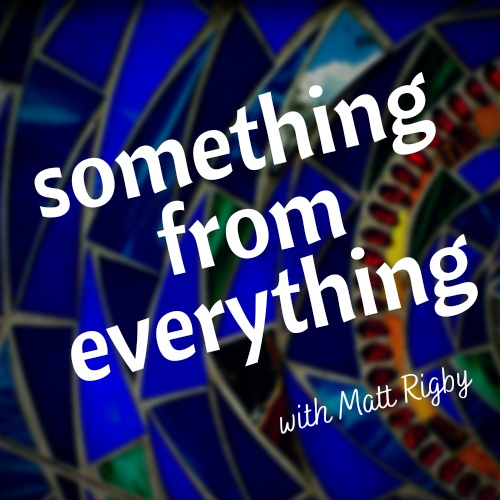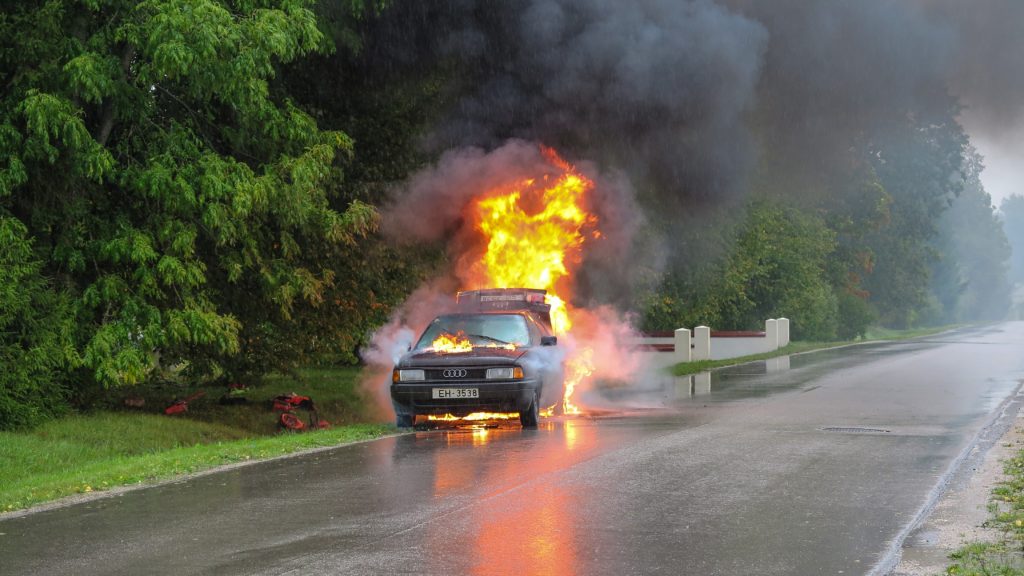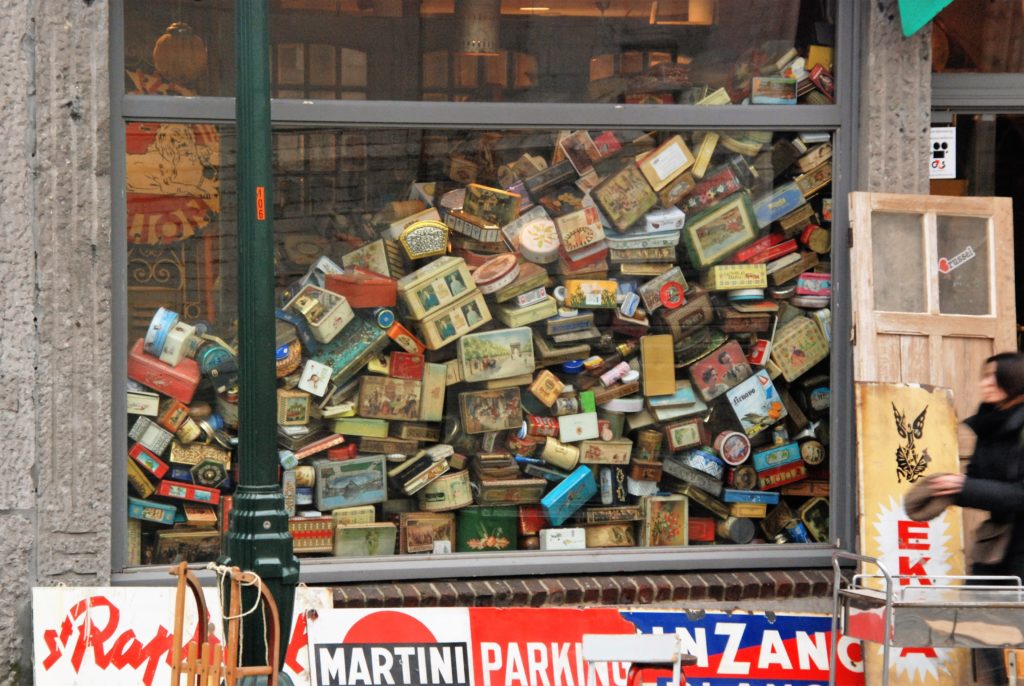
What is the cost of making something truly extraordinary? What is the difference between the ordinary and the extraordinary creation?
I am staring at two books beside me. The first, “Upstream” by Mary Oliver is a book of essays, written by an author known for poetry, not prose. Beside it is “The Flame”, a collection of Leonard Cohen’s selected poetry and drawings.
I’ve been reading a lot more from poets this year. You might think I’m trying to deepen myself, attempting to better understand the human condition and others. I’m afraid the reason is far more utilitarian. This past New Years, I made a goal of reading 26 books this calendar year, or one every two weeks. We are midway through the year and I am woefully behind. Despite being a regular podcast and audio book listener, I am a slow and plodding reader, and often lack the discipline to do only one thing at a time. It is very hard to multitask while reading (so far I’ve managed drinking coffee and the occasional snack).
In a bid to somehow hit this aim, I’ve stacked the deck in my favor. Smaller books are looked upon more favorably. Size of font and line spacing matters. There will be no readings of Les Mis or War and Peace in 2019. I’ve entertained a number of smaller coffee table books between larger reads. Even graphic novels may not be off the table as the year progresses.
And poetry books! Look at all that space beside and between stanzas! In theory, poetry books in particular are a much quicker read. The first time, anyway. Maybe even the first few times. By the time you’ve read a poem for the tenth time, I’m not sure you’re actually saving time by reading poetry over prose. It takes little time to read a poem, longer to begin to understand it, and longer still for the poem to begin to read you.
“Upstream” is a book of essays, not poems. But many of them walk a fine line between essay and poem, and they are not easily digestible. They require extra chewing. And I am chewing still.
On the day I began this post, I found myself at the end of an essay entitled “Power and Time”, and unwilling to move forward. Unable to take a new bite, still chewing on the last one. As I read the essay once again, I am stirred by the parting advice of Ms. Oliver:
“It is six A.M., and I am working. I am absentminded, reckless, heedless of social obligations, etc. It is as it must be. The tire goes flat, the tooth falls out, there will be a hundred meals without mustard. The poem gets written. I have wrestled with angel and am stained with light and I have no shame. Neither do I have guilt. My responsibility is not to the ordinary or the timely. It does not include mustard, or teeth. It does not extend to the lost button, or the beans in the pot. My loyalty is to the inner vision, whenever and howsoever it may arrive. If I have a meeting with you at three o’clock, rejoice if I am late. Rejoice even more if I do not arrive at all.”
Mary Oliver, “Power and Time”
Now, I want to be clear: Mary Oliver was a treasure, and I am grateful for her words. But I would not want to be her friend. By her own proud admission, Mary Oliver was about the extraordinary, at the expense of the ordinary.
The foreword of Leonard Cohen’s posthumous collection of poetry, “The Flame” tells a similar tale.
Leonard’s son, Adam Cohen, writes the forward, and relates how in the final days of his father’s life, he (and others close to Leonard) were daily met with messages that he must not be disturbed. That he frantically needed more time to collect, edit, and complete this volume of poems and pictures. Adam relates that in his final days, his Father expressed the greatest remorse over not giving his life more fully to his writings. Adam unflinchingly addresses that his father felt his own work to be more important than anything else in his life, including his family.
Adam Cohen’s forward at the beginning of his father’s collection is both reverent and mournful. There’s very little judgement in his words, only stating publicly what those closest to Cohen senior have known for years: that his loyalty is to the inner vision, the extraordinary, whenever and howsoever it may arrive.
I wonder if Adam Cohen’s reach will ever approach that of his dad’s. He is an accomplished performer and poet in his own right, and I prefer his voice. Listening to Leonard Cohen sing is like listening to Bob Dylan, or Tom Waits. I’m here for growl, the mumble, the unwieldy and uneven utterance. The poetry, accompanied by melody; not the other way around. In contrast, Adam’s voice is familiar, my own pitch resonating with his as I sing along. I need to drink a lot more whisky, smoke a lifetime of cigars and scream myself hoarse at the heavens before I’m likely to be able to match the guttural growls of Cohen Senior.
But will Adam Cohen find himself at the end of his life, asking for more time alone collecting and organizing his scrawled on notebooks? I’m not so sure.
How can I possibly say this? Clearly, this is all conjecture. I don’t know the man, and I’m only somewhat familiar with his songs. I say it because it is hard for me to imagine that he does not fully understand the cost of his father’s work. I wonder what he feels as he reads over the collection of poetry so important in his father’s final days. Pride? Sorrow? Rage? Likely all of the above.
A bit more wild conjecture: did Mary Oliver’s friends smile to themselves when she was late for coffee? Were they overjoyed, jubilant at her tardiness? Did they drink their tea alone and stare out the window, wondering whether their friend would be merely late or absent entirely? Could they truly hope for the latter?
Our conjecture is based in our own personal experience. Who has not been in the company of someone consumed with their art, or vision? Who has not suddenly felt like they were cast as an extra in some else’s great script, without their knowledge or permission? Who has not been in the company of someone greatly unconcerned with the comings and goings of the ordinary, be those things or people.
And then of course, more than a few of us have also felt called to something extraordinary. That might be a work of art, a business, a spiritual vision. Who of us has not felt momentarily (or continually) annoyed at the mundane, the ordinary when we are chasing something. Something we have felt is greater than ourselves, and our family and friends. Consumed with a vision in which those closest to us were at best, supporting characters.
What can we say of that all consuming inner vision? The call to seek the extraordinary at the cost of the ordinary. The calling to move the world not around, but forward, as Oliver insists.
Perhaps it is a flame, just as Cohen claimed it was. A flame of intense light and beauty, illuminating things and people for what and who they really are, wherever the light exposes. But a flame can just as easily alight all it comes in contact with, consuming all around it, until all surrounding fuel is spent and the flame itself is extinguished last of all.
It was actually Adam Cohen that suggested the title “The Flame” to his father. My guess is that both he and his father knew all that those two simple words contained.
I have a reverent awe for the Cohens and Olivers of the world. An awe of fear and trembling. I admire them, but I don’t know if I want to be them, as much as I toil for clever and true words as well. These are the true believers, poet, prophet and preacher, all. Who can argue with the reach and scalpel like precision of their words? Sometimes I fear the possibility that they are right. That the creative life demands a singular devotion to the inner voice, bereft of distraction to the ordinary, be that mustard, teeth, friends or family.
At first, the tradeoff makes sense. Few would argue that a timeless poem is worth more than many meals without mustard. That the extraordinary lyric or tune of a cherished song be worth more than our temporary ailments? Who cares about a toothache when you are moving the world forward? Surely immortal words are more important than a coffee date with friends. Is it more important than even our very limited time spent with family towards the end? Even then we may convince ourselves that the end justifies the means. We are birthing the extraordinary. There are always labour pains.
Increasingly though, dividing the ordinary and extraordinary can become difficult, even impossible. Mustard, sure. Beans on the pot, sure. Toothaches, fine. Conversations between two dynamic persons? Moments with loved ones towards the end of our life? These are infused with the possibility of that not yet observed, the possibility of the extraordinary. A Schrodenger’s Cat of interpersonal potential, if you will.
We don’t know what great poem may be written without shutting ourselves away, and wrestling with pen and paper. But neither do we know what great moment of love and connection is born only of continual loyalty to a friend or family member over time. Our inner vision may shake the heavens and vault the world forward, or it may be little more than the ego attempting to feel important. What once we expected to be extraordinary may simply be a rubbish poem, or blog post.
Mary Oliver’s essay and Adam Cohen’s forward speak of the reality that our greatest art comes at a cost. This is inarguable. Sometimes we hear “cost” and think of only our time and effort. For a writer, a writing schedule, a set aside moment of solitude, a class or writer’s group. It may be all these things. These are costs we are more than willing to pay. But what Oliver and Cohen suggest is that it is loyalty as well. Perhaps loyalty most of all.
Oliver warns that young writers should not be given the full truth of their calling at the onset. Better for them to believe that a simple writing schedule will always be sufficient. That the best words will always come at their writing desk between nine and ten am. Eventually, she knows, the young writer will sleep with a notepad beside her bed, to quickly jot down moments of clarity whenever and however they come. Adam Cohen related that if you stuck your hand into any of his father’s jackets, you would invariably pull out a weathered dollar store notepad and pencil. Both Cohen and Oliver were extremely loyal to their vision, loyal to the possibility of the extraordinary.
We may aspire to be writers, artists, visionaries, weathering our own notebooks and
rubbing graphite smears off of our fingers, occasionally putting pens through the wash. We should be ready, and loyal. But whether we write or draw or record, we are all creators. In each friend met for coffee, in each meal spent with family, in each and every mundane moment, we are creating possibility.
And the possibility that the world may also be moved forward from each of those ordinary places and things and people? That is extraordinary.









